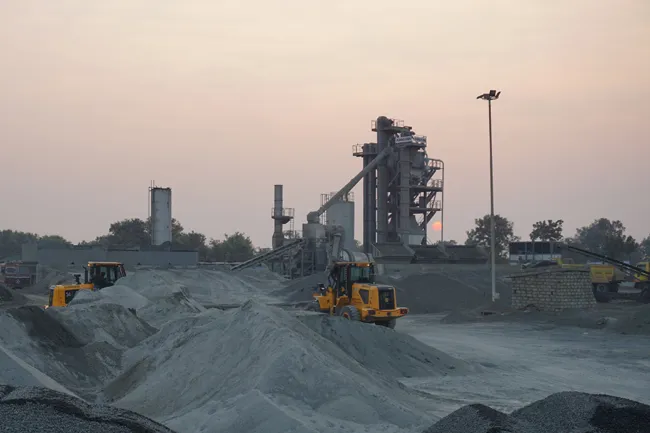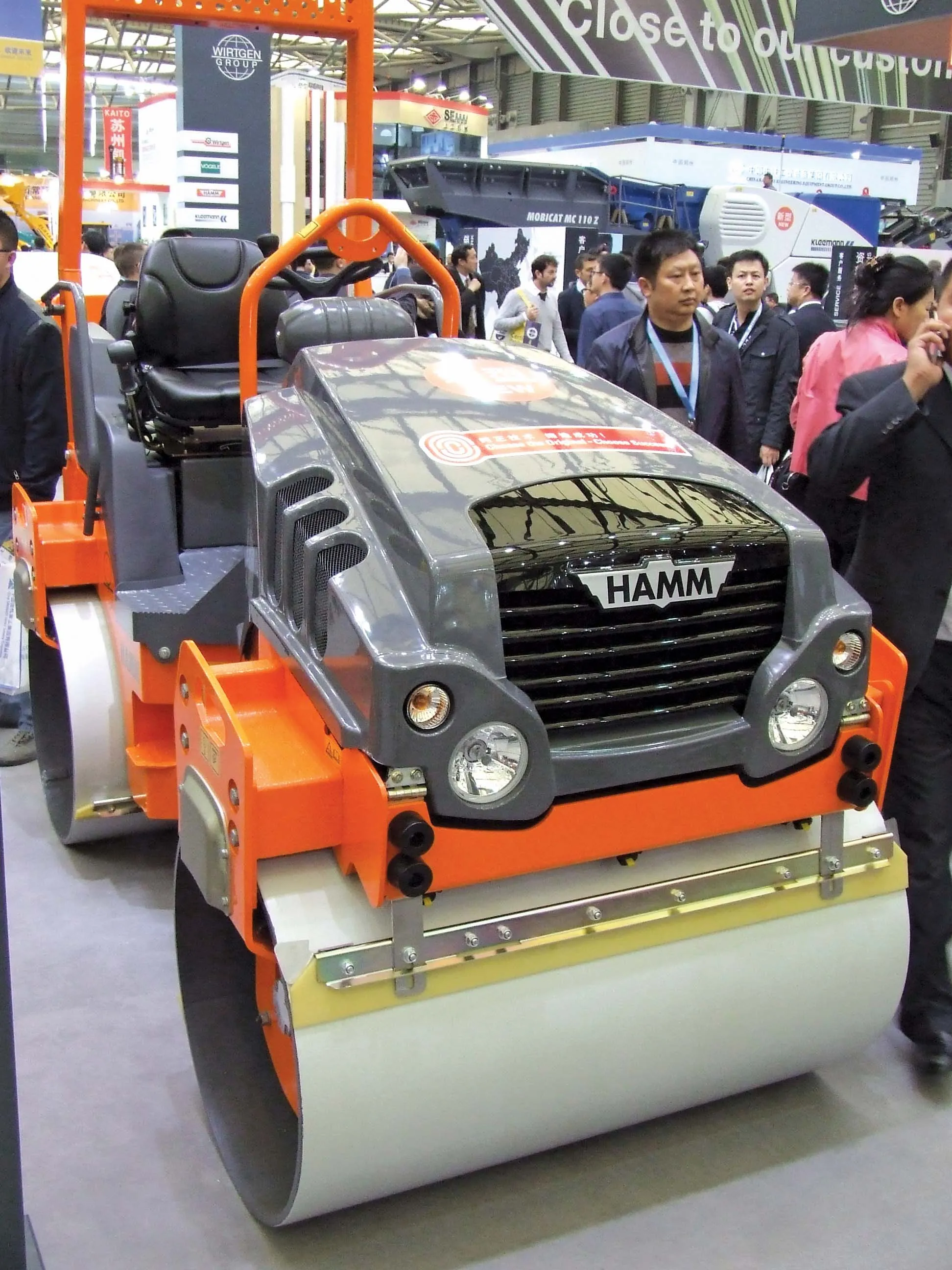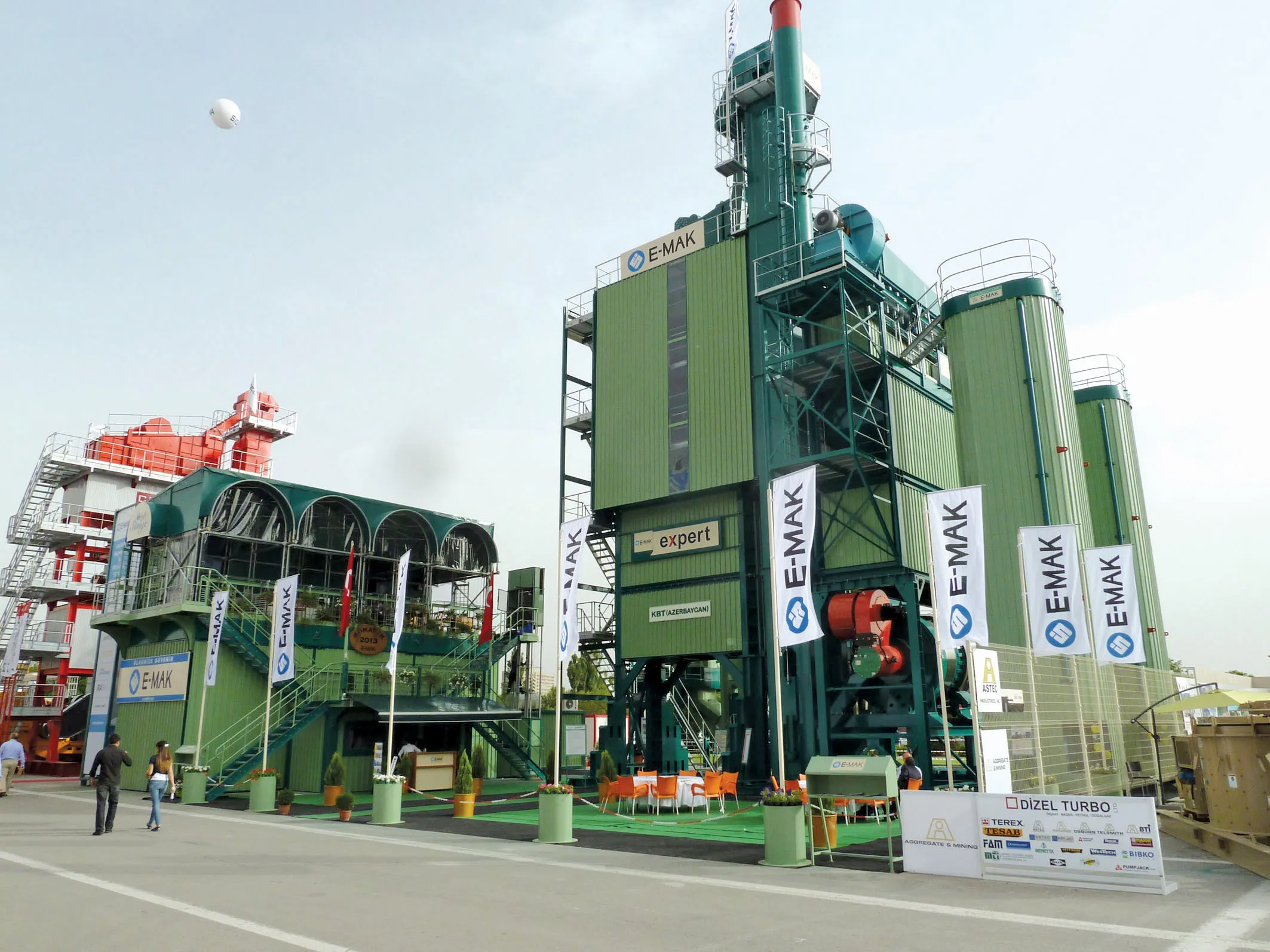
The firm, RKC Infrabuilt, is based in Ahmedabad, India. The machine’s ability to utilise recycled asphalt (RAP) in place of fresh aggregate is the key cost saver. In addition, the ABA UniBatch plant is also able to maintain high mix quality while repurposing the RAP.
“The plant provides excellent asphalt mix,” according to Siddharth Shah, RKC Infrabuilt director. “The drum is good for recycled asphalt as well. These are the things that attracted us to buying this plant.” He added that the plant’s efficiency has helped lower materials production costs.
A specific and significant factor in RKC choosing the ABA UniBatch was the plant’s ability to add hot and cold recycling material. There is a growing demand for the use of RAP in India, so the plant is a good fit for the Indian market. Although the plant is built in India for that particular market, it also utilises European technology.
The plant can also access a foam generator that produces asphalt at a reduced temperature. This low-temperature asphalt has the same quality as a conventional mix but requires less fuel to produce. Emissions are lower, too, and the paving crew is more comfortable working with the lower temperature mix.
Shah said the intuitive nature of Ammann’s proprietary as1 Control System makes production of all the mixes possible. “It gives you a total description of the entire plant.”
Shah also was pleased that the ABA UniBatch meets the expected production levels, unlike the claims made by some competing firms for their products. RKC has needed high production on some recent large-scale road building projects. “The plant has produced 130,000tonnes in fewer than 100 days,” Shah said.
Martinho Fernandes, the commercial manager for Ammann and Apollo plants in India, has reviewed many plants in that country and locations around the world. He is often able to put hard numbers to the efficiencies and ultimately the cost savings ABA UniBatch plant provides.
The ABA UniBatch is versatile and can develop mix that utilises up to 40% hot RAP and 25% cold RAP. It also offers a foam mix option and solid additives. Meanwhile the uptime of the RKC plant is very high and the parts life is extended by 25% because of the ABA UniBatch’s advanced metallurgy. The direct-drive system features gear motors and is said to help reduce power consumption by 10% and maintenance by 20%.
The machine is said to have benefited from extensive research and development that produced features such as an efficient burner and baghouse system that ensure emissions of less than 20mg/Nm3. This also provides customers with additional carbon credits.
Fernandes says the plant is ready for the next round of challenges, too. “The ABA UniBatch is also ‘future ready,’ meaning customers can easily incorporate new technology as it becomes available,” he said.








